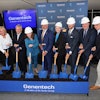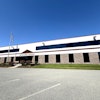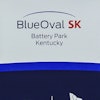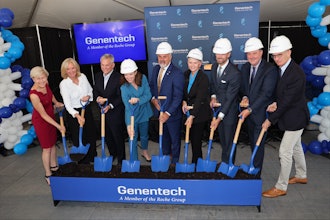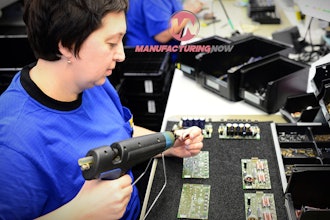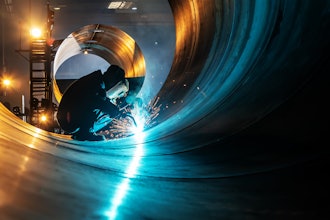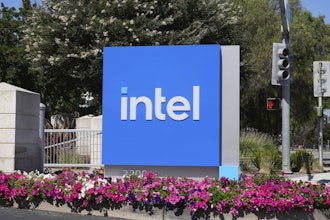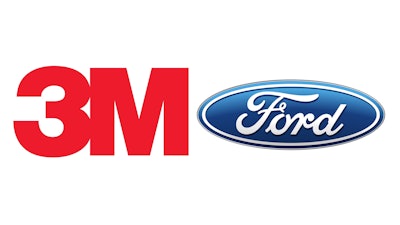
Industrial and consumer products manufacturing conglomerate 3M announced Tuesday that it is partnering with Ford Motor Company to increase production of 3M's air purifying respirators, or PAPRs.
A 3M press release said the two companies are collaborating on specific ways they can rapidly combine complementary capabilities and resources to help meet a surge in demand for personal protective equipment due to the COVID-19 outbreak.
3M said its powered air purifying respirators use a waist-mounted, battery-powered blower that sends filtered air into a hood that helps provide respiratory protection for workers, including those in healthcare, adding that its PAPR systems can offer a more comfortable user experience for wearers who need respiratory protection for an extended period of time.
“We’re exploring all available opportunities to further expand 3M’s capacity and get healthcare supplies as quickly as possible to where they’re needed most – which includes partnering with other great companies like Ford,” said Mike Roman, 3M chairman of the board and CEO. “It’s crucial that we mobilize all resources to protect lives and defeat this disease, and I’m incredibly grateful to Ford and their employees for this partnership.”
“3M is providing vital personal protective equipment for medical workers and we’ve empowered our engineers and designers to move as quickly as possible to help 3M grow PAPR production using common parts to speed this up," added Jim Hackett, Ford president and CEO. "We are also volunteering our facilities for additional production."
St. Paul, MN-based 3M said it has doubled its global output of N95 respirators to a rate of more than 1.1 billion per year, or nearly 100 million per month. In the United States, 3M is producing 35 million respirators per month. The company said that of these, more than 90 percent are now designated for healthcare workers, with the remaining deployed to other industries also critical in this pandemic, including energy, food and pharmaceutical companies.

